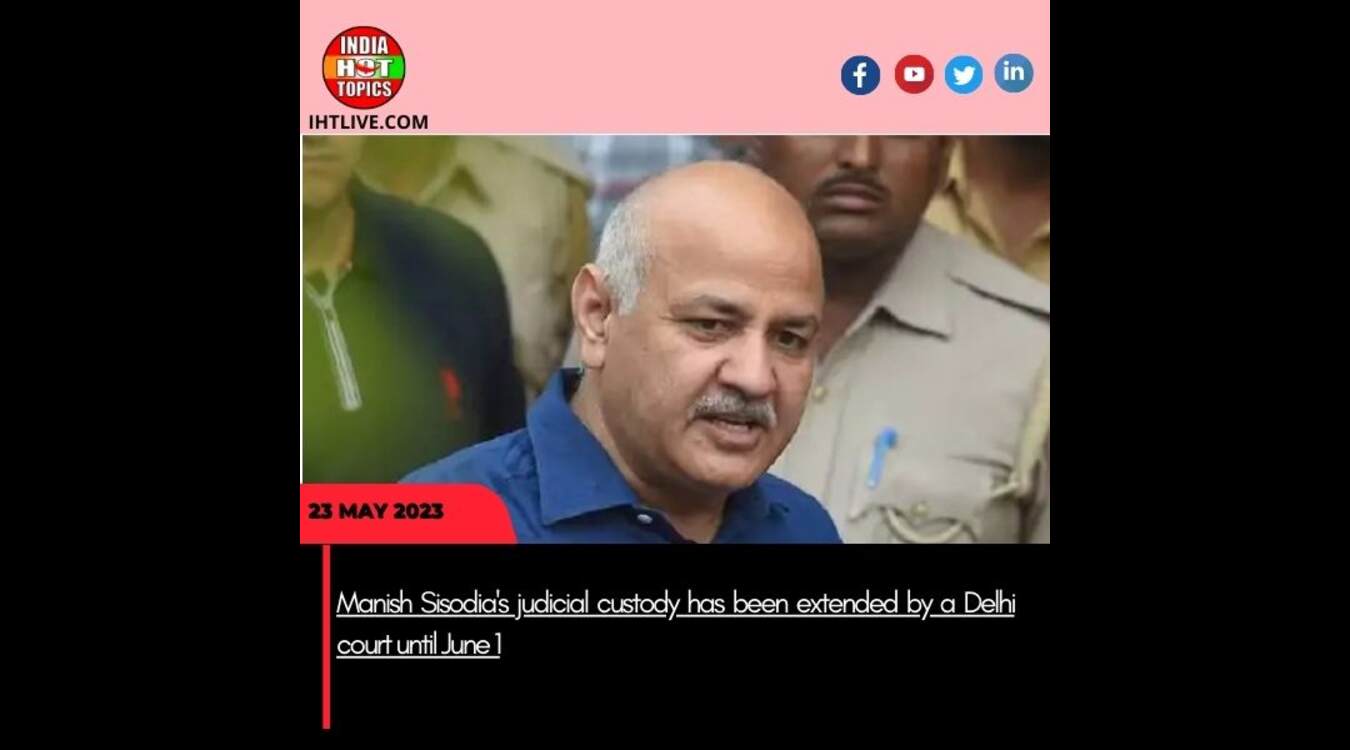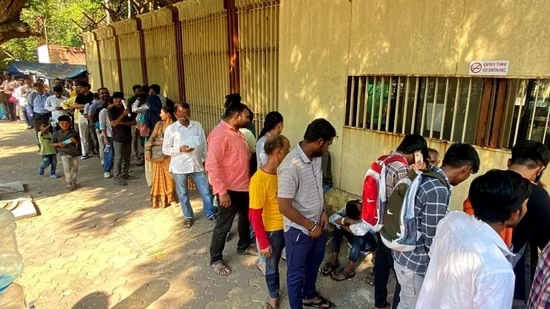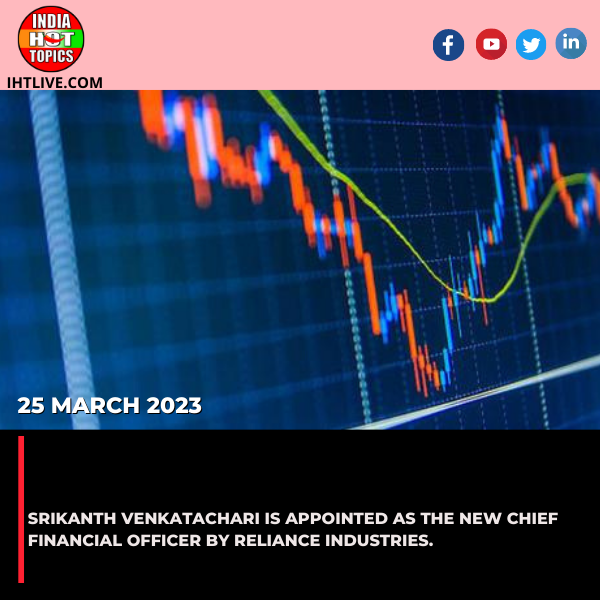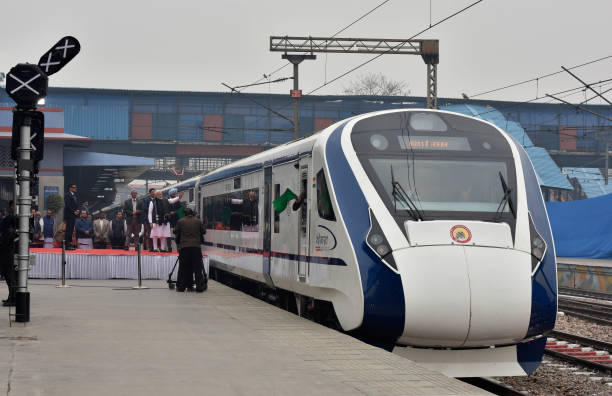India
Manish Sisodia’s judicial custody has been extended by a Delhi court until June 1
In a recent legal development, Delhi’s Deputy Chief Minister, Manish Sisodia, has had his judicial custody extended until June 1. This decision by a Delhi court has drawn attention and raised questions about the ongoing legal proceedings and the implications for Sisodia’s role in the government. Let us delve into the details surrounding this extension and the potential impact it may have on the political landscape.

Title: Manish Sisodia’s Judicial Custody Extended: A Closer Look
Introduction:
In a recent development, the judicial custody of prominent Indian politician Manish Sisodia has been extended by a Delhi court until June 1. This decision comes in the midst of a legal battle surrounding allegations of corruption against the former Deputy Chief Minister of Delhi. Sisodia, a key member of the Aam Aadmi Party (AAP), has been under investigation for several charges, leading to his arrest and subsequent judicial custody. In this blog, we delve into the details of this case, its implications, and the potential consequences for both Sisodia and the political landscape in India.
Background:
Manish Sisodia, a prominent figure in Indian politics, rose to prominence as a senior leader of the AAP, which currently governs the state of Delhi. Serving as the Deputy Chief Minister under Chief Minister Arvind Kejriwal, Sisodia played a pivotal role in shaping the party’s policies and implementing various reforms. However, his political career took an unexpected turn when allegations of corruption surfaced against him, leading to a series of investigations and legal proceedings.
The Extension of Judicial Custody:
On May 23, 2023, a Delhi court extended Manish Sisodia’s judicial custody until June 1, 2023. This decision followed Sisodia’s initial arrest on charges of corruption, misuse of power, and other related offenses. The court’s verdict reflects the seriousness of the allegations leveled against him and signifies the need for further investigation and legal proceedings. The extension of his judicial custody ensures that he remains in detention while the investigation continues.
Implications and Consequences:
- Legal Proceedings: The extension of Sisodia’s judicial custody indicates that the court considers the allegations against him to be significant and worthy of thorough investigation. The decision reflects the court’s commitment to ensuring a fair and impartial trial, allowing the legal process to take its course.
- Political Fallout: Sisodia’s arrest and judicial custody have created ripples in the political landscape, particularly within the AAP. As a key member of the party, his absence and the controversy surrounding him may impact the party’s image and future electoral prospects. The party’s leadership will likely face challenges in managing the situation and maintaining public confidence.
- Anti-Corruption Drive: This case underscores the ongoing efforts in India to combat corruption and bring accountability to public officeholders. It serves as a reminder that no individual, regardless of their political stature, is above the law. The proceedings against Sisodia emphasize the need for transparency, integrity, and adherence to legal norms in governance.
Conclusion:
Manish Sisodia’s judicial custody extension until June 1, 2023, marks a significant chapter in the ongoing legal battle surrounding corruption allegations against the prominent politician. As the investigations progress, the case will continue to draw attention, not only due to the involvement of a high-profile figure but also for its potential impact on Indian politics and the AAP. The extension of judicial custody ensures that the legal process remains fair, allowing the truth to emerge and justice to prevail. In the broader context, this case serves as a reminder of the importance of upholding ethical standards and combating corruption in the pursuit of good governance.
General News Platform – https://ihtlive.com/
Entertainment News Platforms – anyflix.in
Construction Infrastructure and Mining News Platform – https://cimreviews.com/
Podcast Platforms – https://anyfm.in/
India
Amit Shah will preside over a high-level Manipur meeting.

Monday night’s meeting to assess the security situation in Manipur will be facilitated by Union Home Minister Amit Shah. This is the first high-level gathering of its kind held by the central government since Prime Minister Narendra Modi’s National Democratic Alliance (NDA) was re-elected earlier this month.
Senior representatives from the federal government, state governments, including chief minister N Biren Singh, the army, and other security agencies are anticipated to attend the meeting at 4 p.m., according to people with knowledge of the development.
Manipur has seen fighting between the Kukis and Meiteis communities since May 3 of last year. The fighting has resulted in at least 225 deaths to far and the displacement of almost 50,000 people, the majority of whom are still living in relief shelters.
The previous few weeks have seen new acts of violence in the northeastern state, including the burning of a school facility close to Moreh and the discovery of the beheaded body of a missing individual.
In the Kangpokpi district last week, armed terrorists assaulted the vehicle of Manipur Chief Minister N Biren Singh’s enhanced security team, injuring a security officer and a civilian driver.
Dr. Mohan Bhagwat, the chief of the Rashtriya Swayamsevak Sangh (RSS), stated on June 10 that Manipur has been waiting for peace for a year and that this problem has to be given priority.
Bhagwat emphasised the importance of putting aside political hyperbole and concentrating on the issues confronting the country.
Dattatreya Hosabale, the general secretary of the RSS, called the current violence in Manipur “painful” and “worrisome.”
The Sangh, according to a statement, feels that the only way to solve any issue is “through mutual dialogue and expression of brotherhood in a peaceful atmosphere.”
In an attempt to mediate peace, Shah had earlier travelled to Manipur last month and convened nine talks with leaders of the Kuki and Meitei groups. Despite this, the violence has not decreased.
General News Platform – https://ihtlive.com/
Entertainment News Platforms – anyflix.in
Construction Infrastructure and Mining News Platform – https://cimreviews.com/
Podcast Platforms – https://anyfm.in/
India
Uttar Pradesh: PM Modi’s visit to the Kashi Vishwanath temple in Varanasi is well underway.

On Tuesday, Prime Minister Narendra Modi will travel to Varanasi, his home district in the Lok Sabha. This will be his first trip to the sacred city since taking office as the nation’s third prime minister.
At the historic Kashi Vishwanath temple, PM Modi is expected to engage with farmers and take part in Ganga Aarti.
What is currently known regarding Prime Minister Narendra Modi’s visit to Varanasi is as follows:
For 4.5 hours, Prime Minister Modi will be in Varanasi. At roughly 4 p.m., he will touch down at Babatpur’s Lal Bahadur Shastri International Airport.
Prior to releasing the 17th installment of the Samman Nidhi, which is intended to benefit 2,76,665 farmers in Kashi, PM Modi will attend a “Kisan Samelan.”
In order to commemorate the farmers in the area, PM Modi will meet with 21 of them at the Kisan Samelan and evaluate their products. BJP party officials are preparing for the visit.
The visit of Prime Minister Modi is a source of pride for the people of Varanasi, according to BJP president Dilip Patel. “We are all proud that Prime Minister Narendra Modi has taken the oath of office three times—once as the nation’s prime minister and once as a member of the Varanasi assembly.”
Following his meeting with the farmers, Prime Minister Modi is scheduled to attend the Ganga Aarti at Dashashwamedh Ghat at the Kashi Vishwanath temple.
Vishwa Bhushan Mishra, the CEO of the Kashi Vishwanath temple, stated in an interview that they have a process for the Prime Minister’s visit. PM Modi is anticipated to spend about twenty-five minutes inside the temple.
Ajay Rai, Modi’s previous opponent for the Varanasi seat, criticised him, claiming that Modi was displacing natives with Gujaratis by handing all employment to them. Regarding the purported dearth of factories and development in the city, he questioned Modi.
General News Platform – https://ihtlive.com/
Entertainment News Platforms – anyflix.in
Construction Infrastructure and Mining News Platform – https://cimreviews.com/
Podcast Platforms – https://anyfm.in/
India
Sunita Kejriwal is requested by the Delhi High Court to remove Arvind Kejriwal’s court footage from social media.

The wife of chief minister Arvind Kejriwal, Sunita Kejriwal, has been ordered by the Delhi High Court to remove a video of her husband speaking to a Delhi court from her social media accounts. The social media companies have also been ordered by the court to remove posts that contain links to the video.
In addition, the high court has sent notices to all parties involved in the PIL, which was filed by lawyer Vaibhav Singh, alleging that Kejriwal’s appearance before Delhi’s Rouse Avenue Court on March 28 violated the court’s regulations regarding video conferencing.
Among the five people requested to remove the social media posts is Sunita Kejriwal.
The court has set July 9 for the hearing.
On March 28, Arvind Kejriwal personally addressed Special Judge (PC Act) Kaveri Baweja after being brought before the court a second time after being arrested by the Enforcement Directorate in connection with the Delhi liquor policy case.
Sunita Kejriwal reposted the images after the audio and video recordings of the speech went viral on social media.
When films with comparable content are brought to their attention, the Delhi High Court ordered X, YouTube, Facebook, and Instagram to remove them.
The notice on the PIL filed by the Delhi-based attorney Vaibhav Singh was issued by a division bench made up of Justices Neena Bansal Krishna and Amit Sharma.
After he disregarded nine summonses from the Enforcement Directorate, Arvind Kejriwal was taken into custody on March 21 in relation to the excise policy fraud. Subsequently, the Delhi High Court affirmed the agency’s decision.
Later, Arvind Kejriwal petitioned the Supreme Court to overturn his arrest.
In order to enable Kejriwal to campaign for his Aam Aadmi Party during the Lok Sabha elections, the Supreme Court granted him temporary release in May for a period of 21 days.
On June 2, he turned himself in to the Tihar Jail officials per the Supreme Court’s directive.
The former bureaucrat Sunita Kejriwal had spent a great deal of time campaigning for the AAP during the Lok Sabha elections. But the party was unable to secure a single seat in the nation’s capital.
General News Platform – https://ihtlive.com/
Entertainment News Platforms – anyflix.in
Construction Infrastructure and Mining News Platform – https://cimreviews.com/
Podcast Platforms – https://anyfm.in/
-

 India8 months ago
India8 months agoThe afternoon briefing revealed that 97.26% of the ₹2000 notes were returned, and the Israeli Prime Minister committed to war goals.
-

 Business1 year ago
Business1 year agoSrikanth Venkatachari is appointed as the new chief financial officer by Reliance Industries.
-

 Entertainment1 year ago
Entertainment1 year agoNew Season 8 The Walking Dead trailer flashes forward in time
-

 India1 year ago
India1 year agoPM Modi’s Three-Nation Tour Begins with a Traditional Welcome in Papua New Guinea
-

 Fashion7 years ago
Fashion7 years agoThese ’90s fashion trends are making a comeback in 2017
-

 India Hot Topics12 months ago
India Hot Topics12 months agoCenter ‘busts’ 8 YouTube channels for distributing false information.
-

 Business7 years ago
Business7 years agoThe 9 worst mistakes you can ever make at work
-

 India1 year ago
India1 year ago3 Vande Bharat Trains, An E-way: MP’s Infra, Connectivity Projects on Fast Track ahead of Assembly Polls








